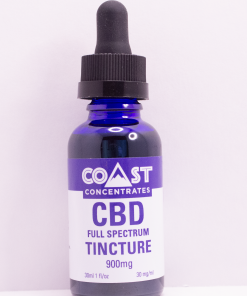No products in the cart.
CBD (Cannabidiol)
On Sale
CBD (Cannabidiol)
Original price was: $100.00.$75.00Current price is: $75.00.
What is CBD?
CBD (Cannabidiol) is a phytocannabinoid observed in 1940. One of 113 recognized cannabinoids in cannabis plants accounts for up to 40% of the plant's extract. As of 2019, clinical investigation on CBD (Cannabidiol) incorporated investigations linked to pain, movement disorders, cognition and anxiety, but there is inadequate high-quality data that cannabidiol is sufficient for these conditions.
What does CBD stand for?
CBD stands for cannabidiol. It remains the 2nd most prevailing of the vital components of cannabis (marijuana). While CBD (Cannabidiol) is an indispensable element of medical marijuana, it is procured straight from the hemp plant, a relative of the cannabis (marijuana) plant.
What is CBD oil?
CBD (Cannabidiol) oil is a product that's obtained from cannabis (marijuana). It is a cannabinoid, which is the compound naturally discovered in cannabis (marijuana) plants. Even though it originates from cannabis (marijuana) plants, CBD does not produce a "high" effect or any form of inebriation — a different cannabinoid, known as THC, causes this.
What is CBD good for?
CBD (Cannabidiol) oil has been investigated for its possible role in easing symptoms of several general health issues, including heart disease, acne, depression and anxiety. For cancer suffers, it may also produce a natural alternative for symptom relief and pain.
Does CBD get you high?
CBD (Cannabidiol) can be obtained from a cannabis (marijuana) plant, but it does not possess the same capacity to create a euphoria state or "high" as cannabis (marijuana) or THC. CBD (Cannabidiol) may help you feel less anxious or relaxed, but you will not get high if you decide to use an edible, tincture, CBD-infused oil, or other products.
What does CBD do?
The human body creates endocannabinoids, which are neurotransmitters that adhere to cannabinoid receptors within your nervous system. Investigations have recorded that CBD (Cannabidiol) may assist in reducing prolonged pain by influencing endocannabinoid receptor action, interacting with neurotransmitters and decreasing inflammation.


